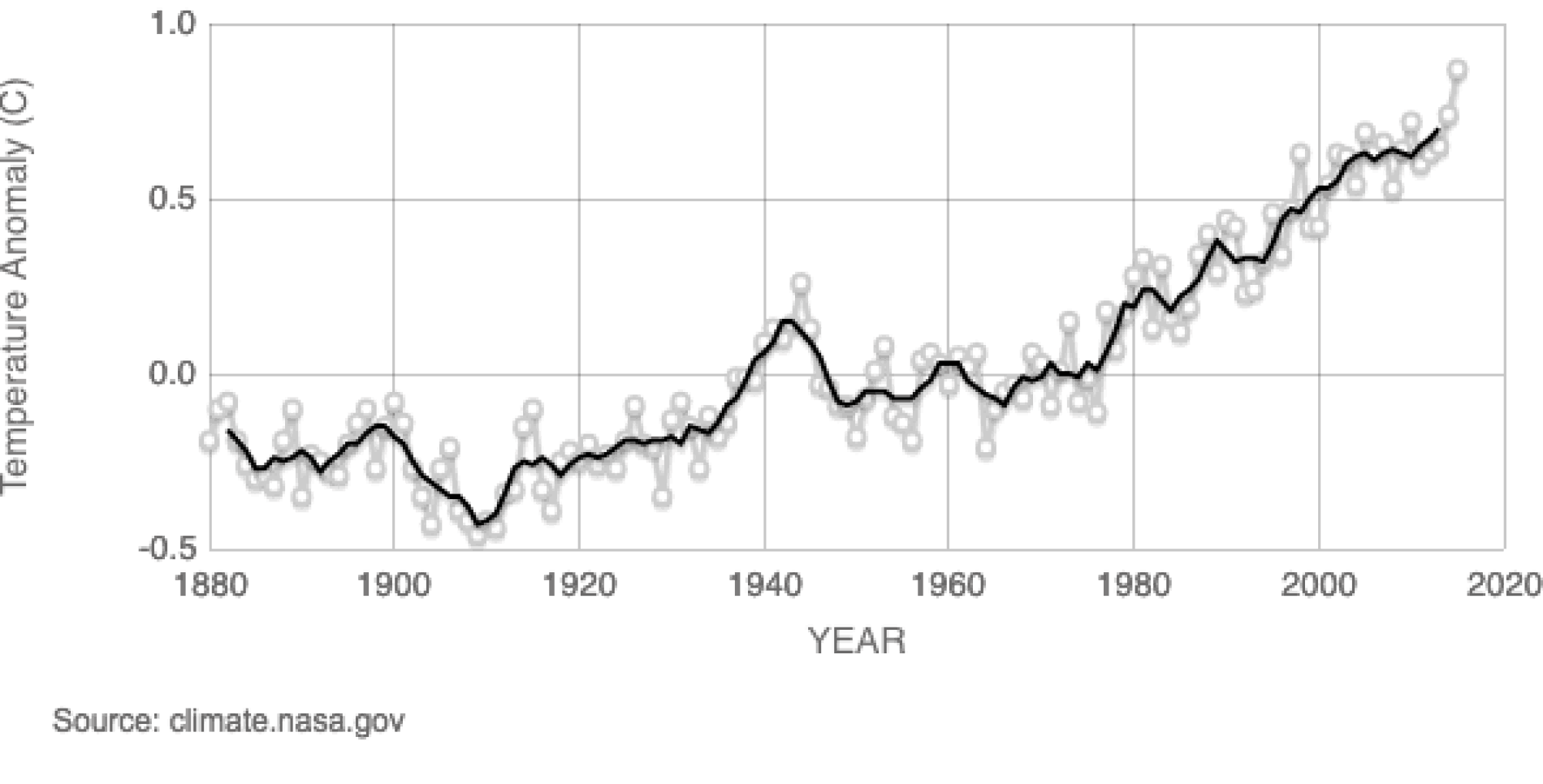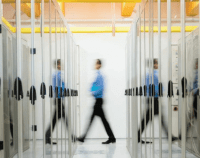One certainty about data centres and other ICT resources is that they constantly need power, and plenty of it. This heavy power demand means that an effective energy management policy is essential; not only to contain costs, but also to generate verifiable green credentials. Government legislation demands these, while companies’ shareholders, employees and customers come from a population that’s increasingly concerned about a sustainable future, and expect their organisation to be serious in contributing to it.
There are many ways in which a large organisation can work towards a greener future. An obvious approach, as implied above, is to review all on-site electrical and electronic equipment and ensure that it’s designed and operated for optimal efficiency. Other possibilities include asking (or compelling) its suppliers to adopt green policies and reduce their carbon footprint; and arranging to purchase only electricity generated from renewable resources.
On site power demand can be optimised by using latest-technology temperature management techniques such as cold aisle containment and free cooling chillers. Significant savings can also be made in relation to the ICT equipment; virtualisation reduces the amount of hardware needed, and modern UPSs employing transformerless technology are also highly efficient. Further efficiencies can be made by operating UPSs in ‘eco’ or off-line mode, however this exposes the load to possible harm from incoming utility supplies. It is rarely used when sensitive equipment is involved.
In April this year Walmart launched a sustainability platform inviting suppliers to join them in a commitment to reduce greenhouse gas emissions. Named Project Gigaton, this initiative will provide an emissions reduction toolkit to a broad network of suppliers seeking to eliminate one gigaton of emissions, focusing on areas such as manufacturing, materials and use of products, by 2030. That’s equivalent to taking more than 211 million passenger vehicles off U.S. roads and highways for a year. The project makes Walmart the first retailer with a verified science-based target emissions-reduction plan.
The third option – buying electricity from certified green sources – can not only win kudos for organisations through renewable energy label schemes such as Goldpower, but may no longer incur extra charges for the privilege. According to an article in the Independent, a report from the World Economic Forum shows that, for the first time, solar and wind power is either the same price as or cheaper than new fossil fuel capacity in more than 30 countries. If problems related to underinvestment could be overcome, the technologies could counteract the catastrophic effects of global warming.
However, underinvestment is not a problem everywhere. For example, according to the New York Times and other sources, China has announced its intention to invest at least $360 billion by 2020 on renewable energy; the country’s National Energy Administration sees renewable energy one of the world’s fastest-growing industries.
The path to a greener future is not without difficulty; Donald Trump is probably the best-known, but not the only climate-change doubter, and many company eco-initiatives are criticised as being partially or entirely greenwash. However the trends discussed in the previous two paragraphs, along with the last century’s temperature records, demonstrate that climate change is a real and serious issue, but one that is being tackled. Organisations should continue with a vigorous pursuit of green policies, not only in response to the immediate pressures they face, but also to combat the global warming problem.
Global Land-Ocean Temperature Index (NASA-GISS)
Other references:
https://wwf.panda.org/how_you_can_help/live_green/energy_efficiency/renewable_energy/





